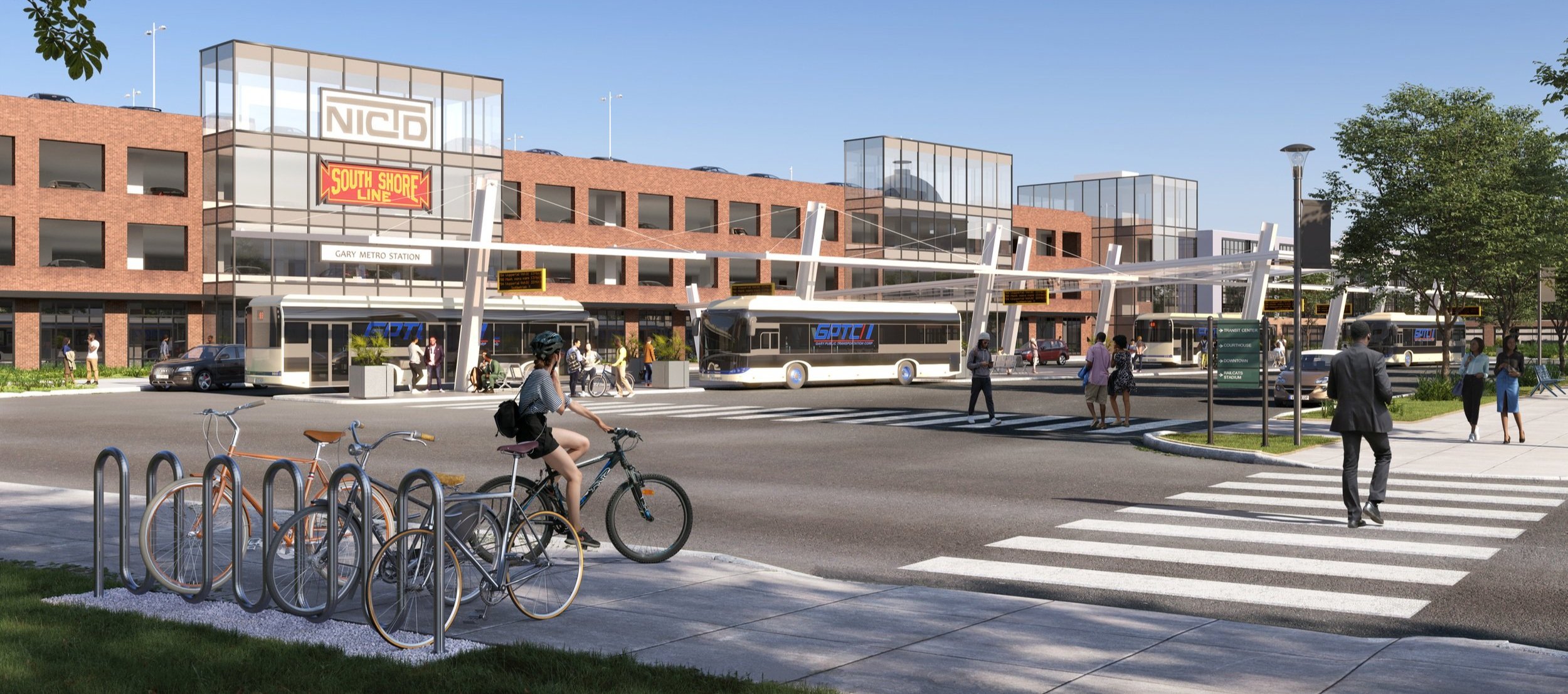
A Regional Approach to Infrastructure Investments and Economic Development in Northwest Indiana
Years of strategic planning, jurisdictional partnerships, and public investment are catalyzing a bold vision for future community growth spurred by commuter rail and transit-oriented development.
Unprecedented investments in two commuter rail lines linking Northwest Indiana to Chicago and planning for transit-oriented development (TOD) across the Northwest Indiana region, led by the Northwest Indiana Regional Development Authority (the RDA), have successfully leveraged investments in transit to attract economic development in Northwest Indiana. An estimated $2.7 billion dollars is projected to be invested in TOD as a direct result of these rail improvements, and private investments in TOD have already been initiated in some communities.
Investments in rail infrastructure expected to attract millions in investment.
Beginning in 2018, MKSK has been working intimately in partnership with the RDA, Northwest Indiana communities, and an interdisciplinary team of consultants on several significant projects in the region focusing on policy, economic development, engineering, and land planning along these commuter rail lines. Legislation by the State of Indiana enabled the establishment of Transit Development Districts (TDDs) economic development boundaries to incentivize and guide economic development around rail stations and high-quality transit-oriented development in these communities. MKSK is leading the land use and development planning related to developing these TDDs, which function similarly to Tax-Increment Financing Districts, with the purpose of enabling TOD and equitable economic growth in Northwest Indiana. To date, eleven districts have been established, with an additional three districts planned for 2025.
Several communities served by commuter rail will benefit from rail infrastructure upgrades and TOD.
Collaboration continued through 2023 among the MKSK team, the RDA, and Northwest Indiana communities to develop individual strategies for each community in preparation of future TOD within its commuter rail station area. Each TOD strategy provides tailored guidance and recommendations that the local units can apply to advance their community planning and implementation of TOD, resulting in updated comprehensive plans, area plans, and zoning ordinances. MKSK is also assisting the RDA with redevelopment strategies specific advancing TOD in the City of Gary focused on blight elimination and redevelopment and a new multi-modal transit station.
The following visual slideshow demonstrates the planning process for establishing TDDs and building strategies around implementing TOD.
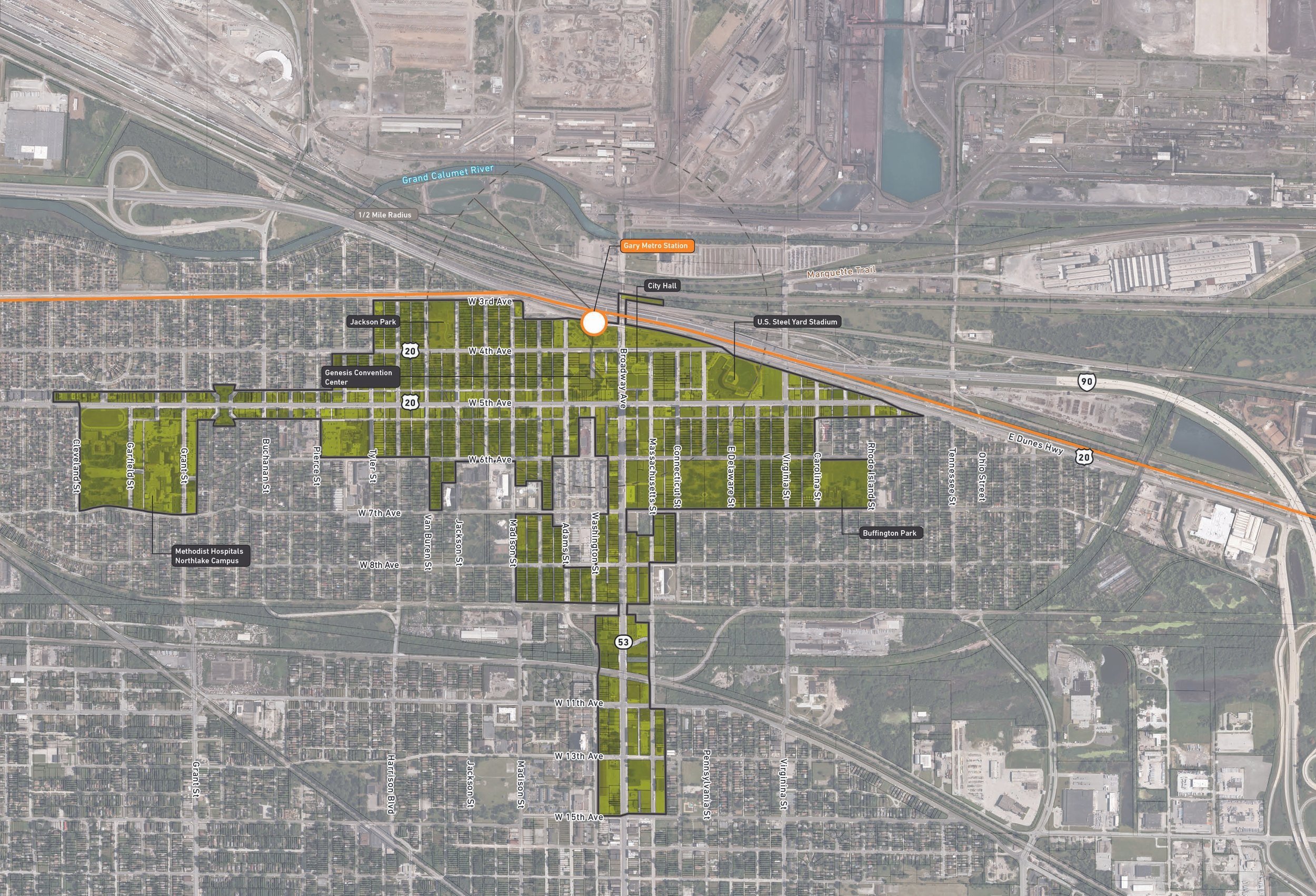
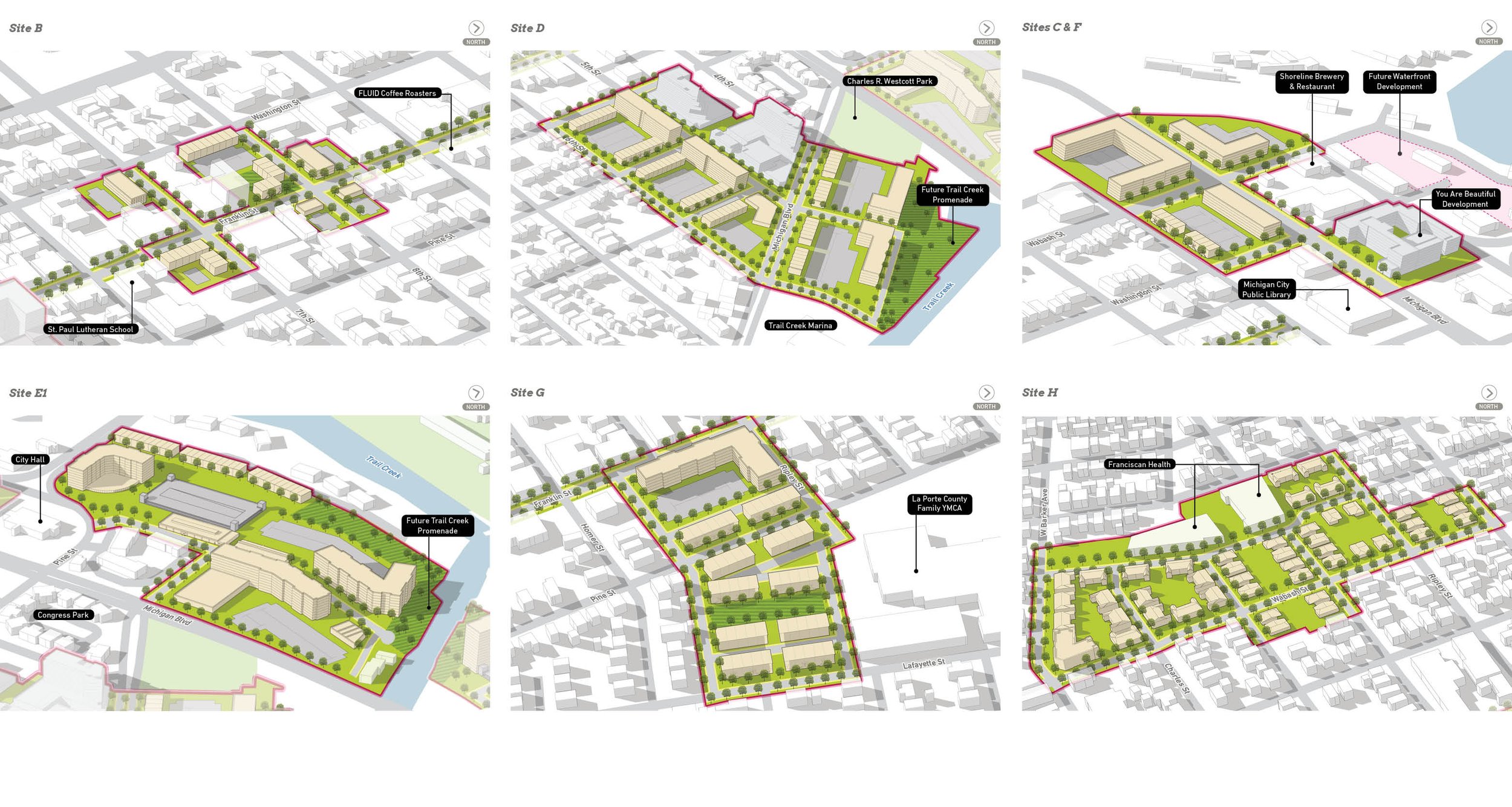
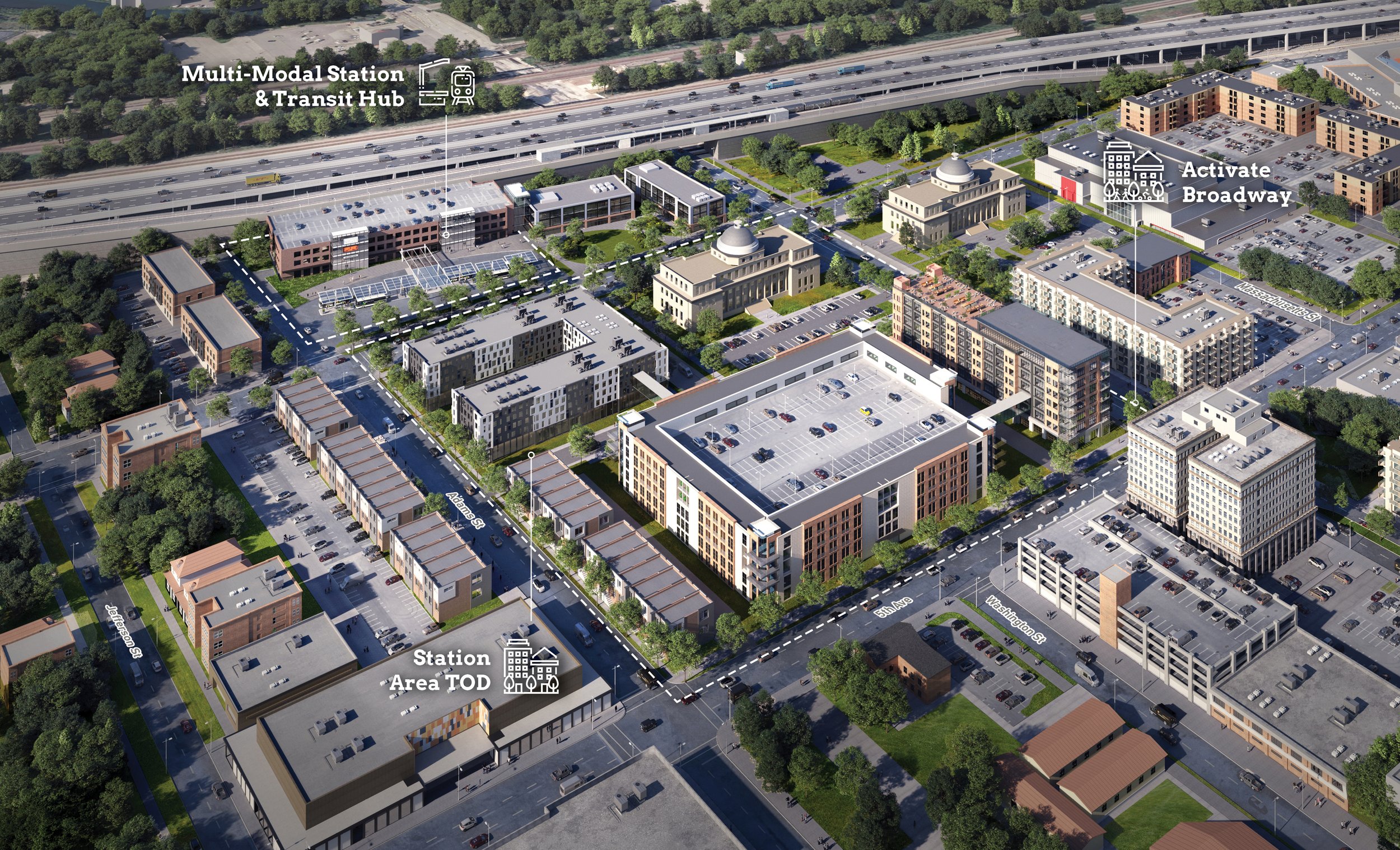
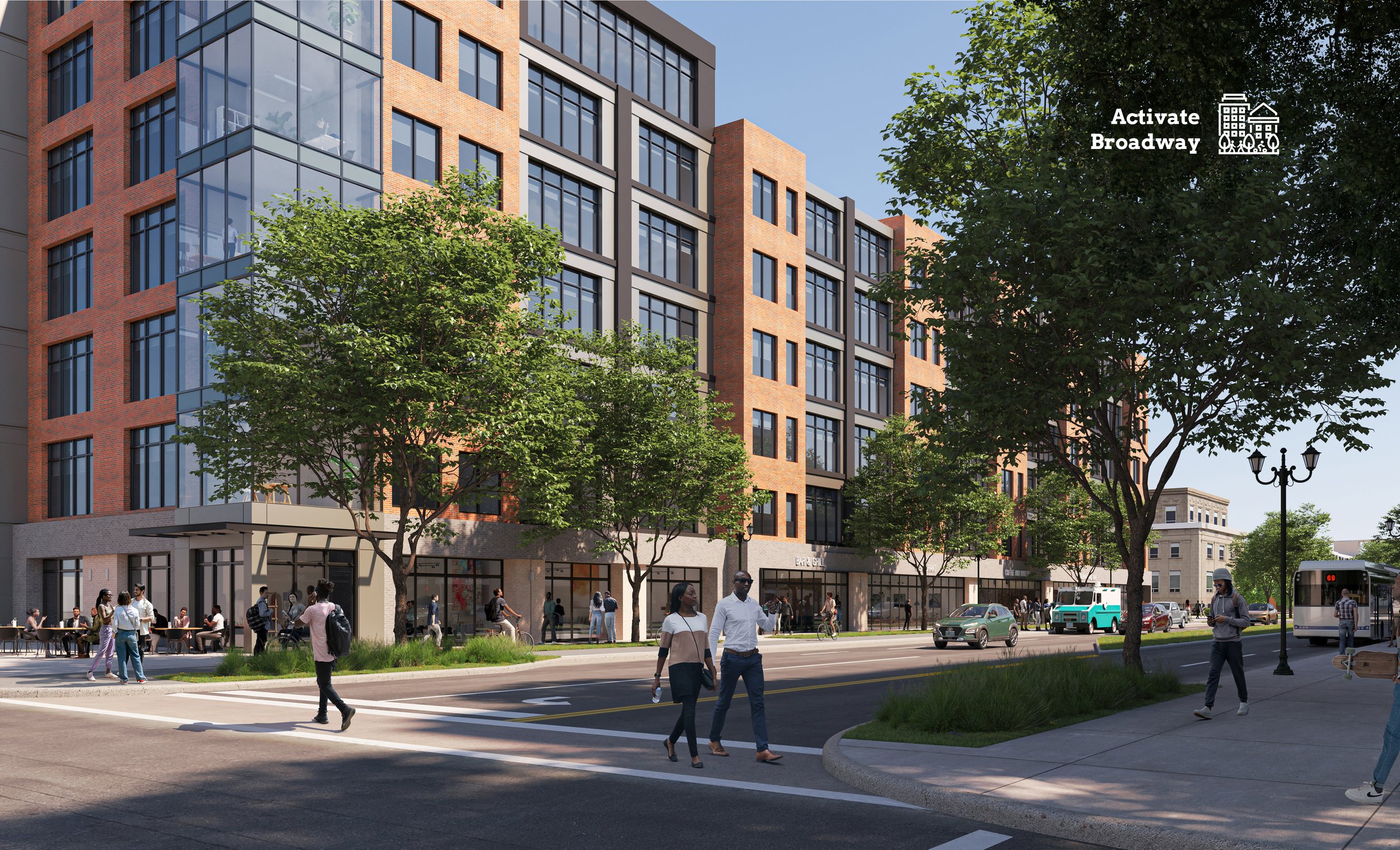
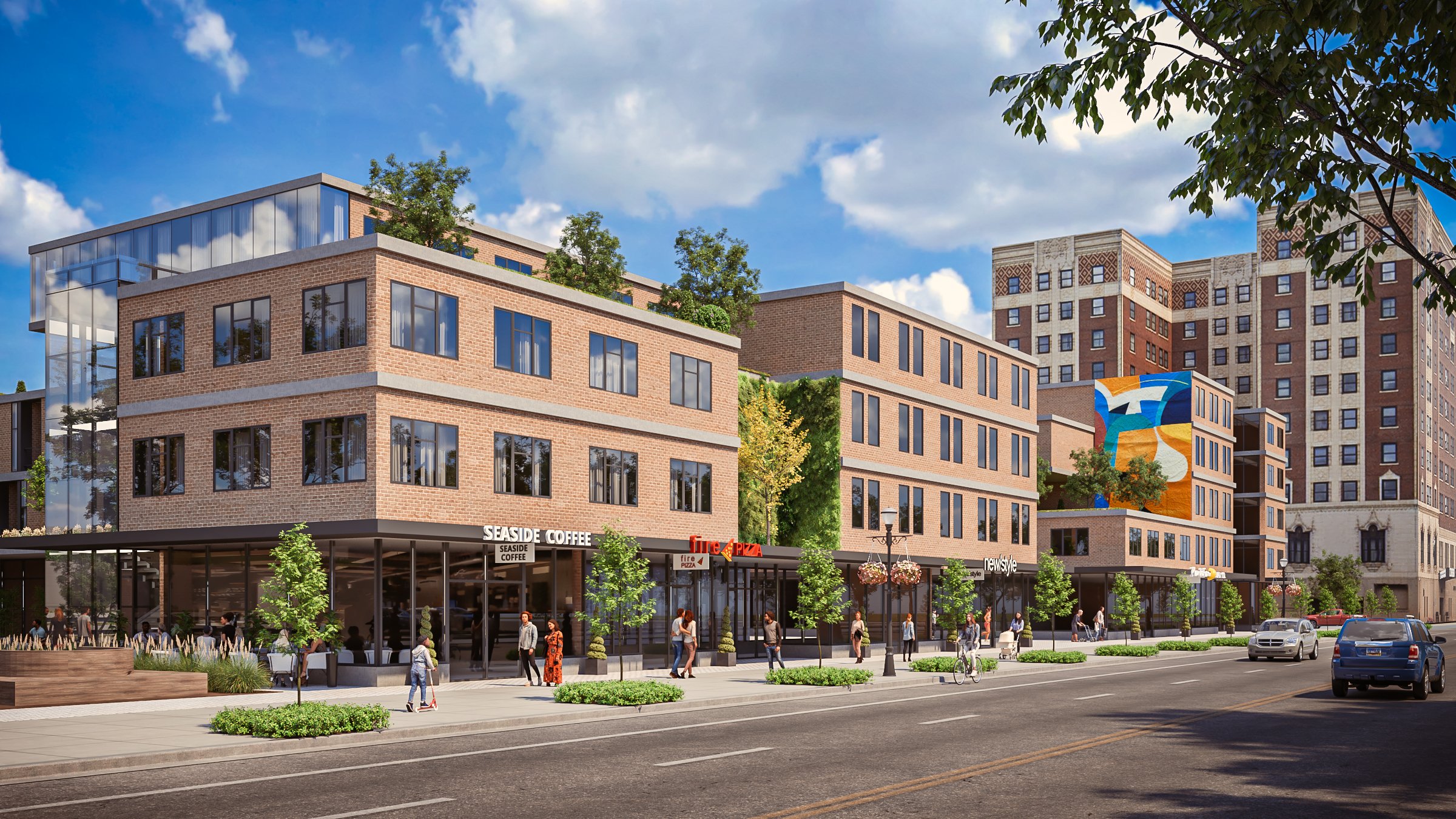
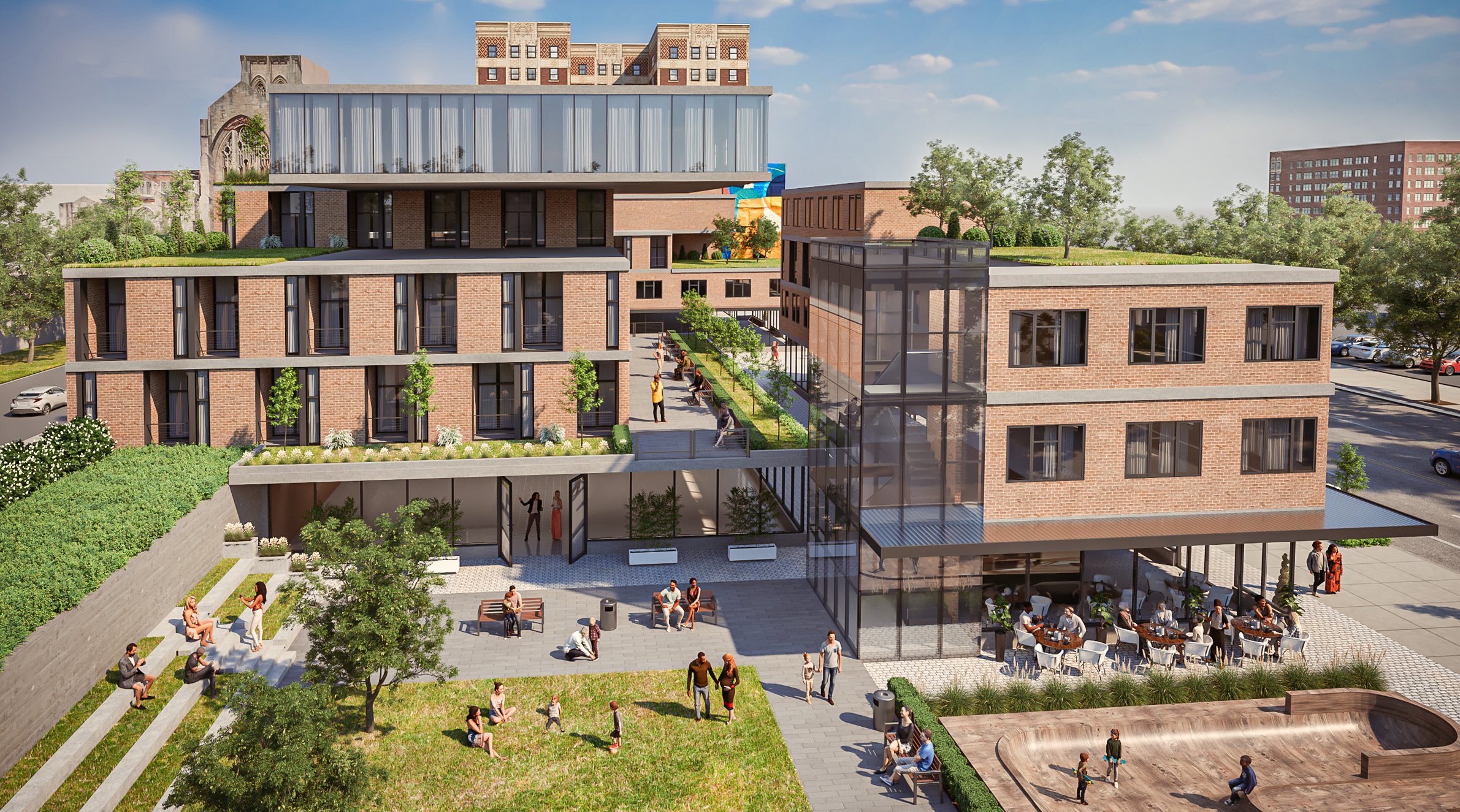
As the RDA looks forward to the next 20 years, MKSK is part of an interdisciplinary team developing the RDA’s new Comprehensive Strategic Plan to outline strategies for continued infrastructure investments and coordinated projects across the Northwest Indiana region, including; rail, aviation, shoreline conditions, surface transportation, environmental, population growth, utilities, economic development, and recreation- and nature-based tourism.
This fall, Aaron Kowalski joins Sherri Ziller, President and CEO of the RDA, and Eddie Melton, Mayor of the City of Gary, at the American Society of Landscape Architects (ASLA) National Conference in Washington, DC, giving a presentation called “The Region”- Uplifting Communities Through Transit Oriented Development in Northwest Indiana.
This presentation will be on Tuesday, October 8, 2:00-3:15pm EST.
For more information about completed work in Northwest Indiana, please visit: www.nwitdd.com.
Consultant Team:
Policy Analytics - Economic & Fiscal Analysis
KPMG - Economic Development Strategy
Shrewsberry & Associates - Transportation Engineering
Metric Environmental - Environmental Analysis
Town Planning and Urban Design Collaborative (TPUDC) - Zoning

